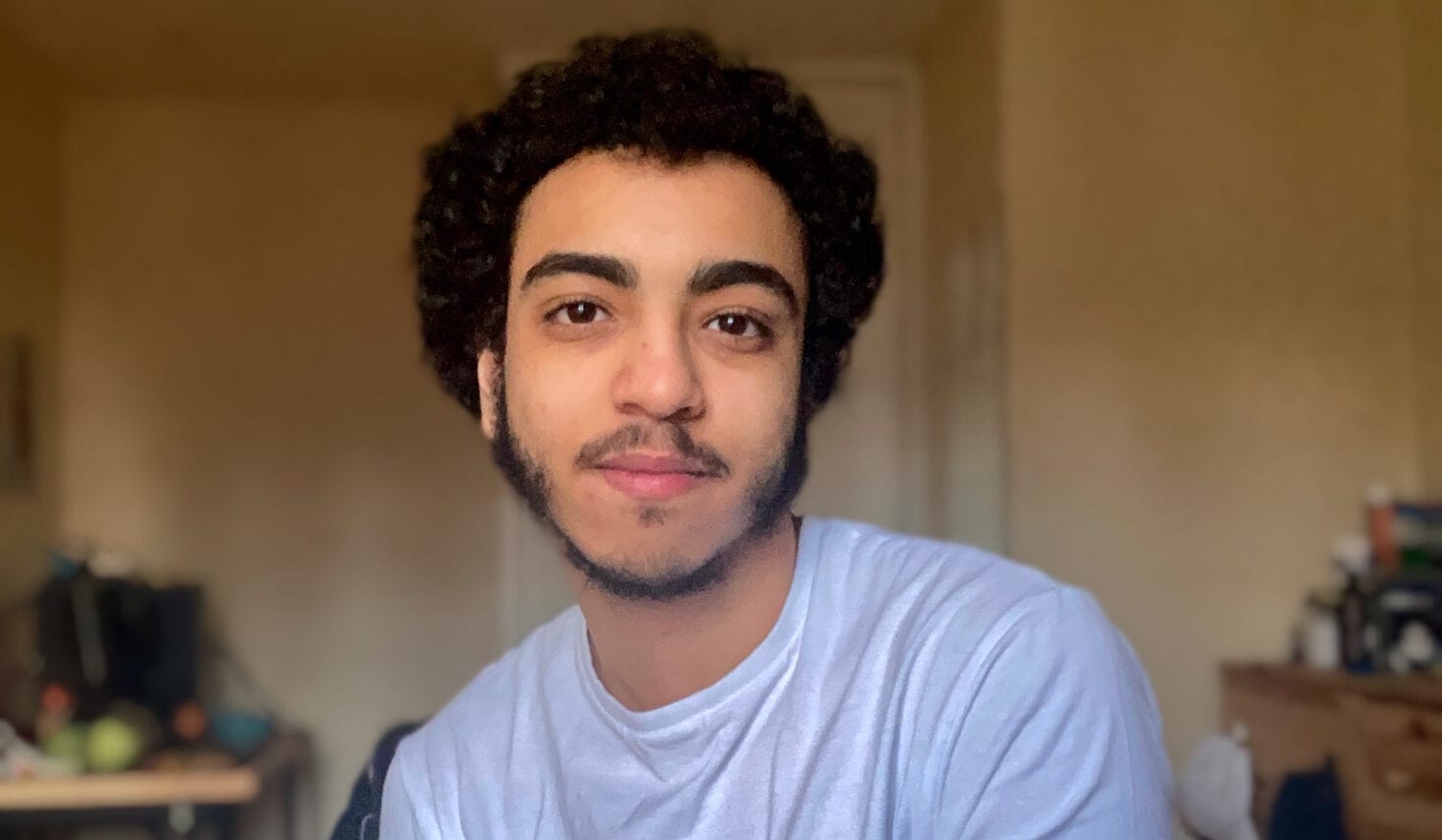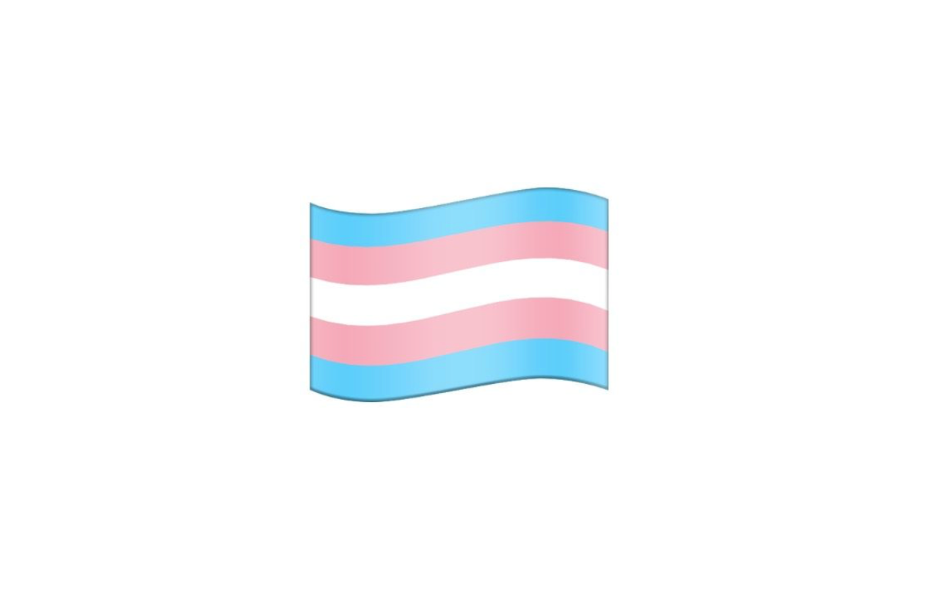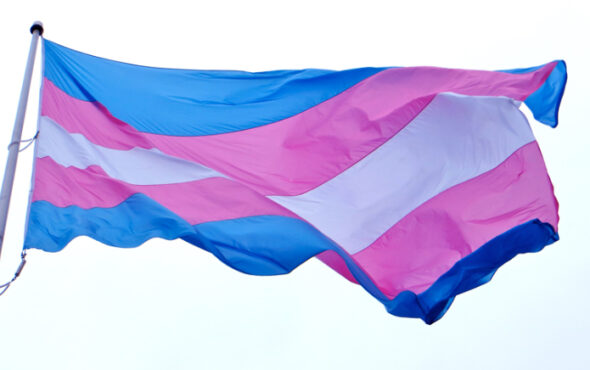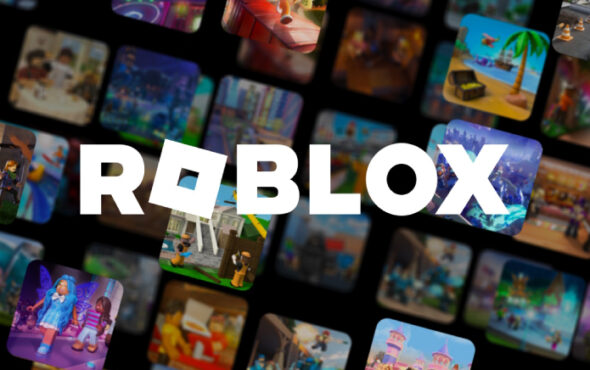
Too many times, I’ve walked across from my flat and into my local shop to be greeted by some upsetting headlines. They usually fall under the general umbrella of saying or implying that trans people just existing (as we have done throughout history) is a threat to the world at large. I might be able to pay it less mind if it didn’t make me worry about the people who live in my local community who will see those headlines and might end up treating me differently if they know I am trans. It makes it much harder to feel safe.
I might have realised I was trans sooner if it weren’t for the role that media hostility plays in the public’s perception of what it actually means to be trans. My understanding of trans identity before I was able to relate it to myself was almost cartoonish. In films and TV shows, transgender people were always the butt of the joke, or the most undesirable option, unwanted and disposable. There was the frequent punchline of “the woman who used to be a man,” as if that’s somehow one of the worst things you can be.
I couldn’t have figured out that I was a trans man or put a name to how I felt about my own gender identity without first having the words to describe those feelings, and this is where access to more inclusive media which more accurately reflects the diversity of the population would have helped me tremendously. Thankfully, some entertainment media is getting better at addressing these misconceptions and knowledge gaps, with notable examples such as Disclosure and Pose. But many news publications still rely on shock headlines and the demonisation of minority groups to entice readers out of fear. It’s so draining.
Despite media hostility, however, public perceptions aren’t as negative as they might seem, especially among young people. According to new independent research of almost 3,000 pupils aged 11 to 18 by charity Just Like Us, 84% of young people said they would support a friend if they came out as transgender, and over half (54%) say they know someone who is trans.

I believe these statistics prove that the media’s hostile and at times deliberately misleading approach to trans topics is completely out of touch with most young people’s views. Realistic (and therefore more favourable) representations of trans people are slowly becoming more common, and now more young people are growing up with these representations to look up to, and potentially relate to. It’s not that there are more trans people now than before, but that young trans people now have better access to tools which can help them come to terms with their identity sooner. They feel safer to come out and be open with their peers.
One straight pupil who was surveyed and goes to school in the North East said: “Being transgender isn’t really a choice. If we are close friends, then we are close friends for a reason and them being trans wouldn’t change that. It would have no negative impact on my life so there is no reason for me to not be as supportive as possible and make them feel comfortable.”
As a trans man who struggled with feeling unsafe in my family environment and having to wait until I left home to transition, I relied heavily on my school friends, both LGBT+ and allies, to be my main support network. It is a relief to know that this understanding and acceptance is only continuing to become more widespread among all young people.
It is essential that the school curriculum includes fully comprehensive LGBT+ education. To push for inclusive education, Just Like Us is encouraging schools across the UK to take part in the annual celebration of School Diversity Week. Primary and secondary schools as well as colleges can sign up for free to access a toolkit of resources to help educate and inspire their pupils. If you are at or know a school, please get them involved – it can make a world of difference to a young LGBT+ person’s school experience and it would’ve hugely helped my time growing up trans. I hope that now we know just how supportive young people are of their trans friends and peers, every school will accept, welcome and celebrate all of their pupils.
For more information about Just Like Us and their incredible work supporting LGBTQ+ youth, visit their website.



